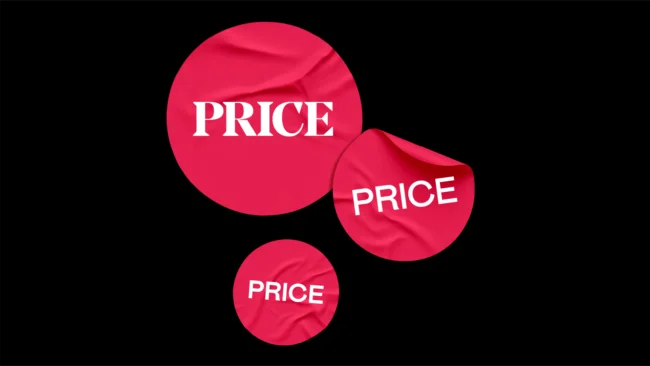
When a new restaurant opens, it will have an idea at its heart. Whether it’s re-inventing British classics, a regional speciality, or a focus on a neglected ingredient, that original idea springs from the creativity and vision of the Head Chef.
It’s a professional’s idea of how things could be done differently or better. Contrast this with the classical marketing approach: research-observation-insight-action. A formal and impersonal process with consumer needs driving it. Does this mean that brands miss out on that spontaneous and instinctive creativity?
Remember the quote from Henry Ford: “If I’d asked people what they wanted I would have invented a faster horse”. Ford is clearly in the Head Chef camp – he’s the man with the answer. But within his own quip the classical approach can be glimpsed as well. The implied insight is that people want to move around quicker – they just don’t know how.
So the Head Chef and classical approaches aren’t really that different – they just look like they are. Ideas spring from the concentrated essence of knowledge. That can be in one person’s mind, or accumulate collectively across the course of a process. Great ideas can come when walking the dog, or watching a focus group.
The lesson for brands is that they need to be open to all ideas – wherever and however they emerge.

